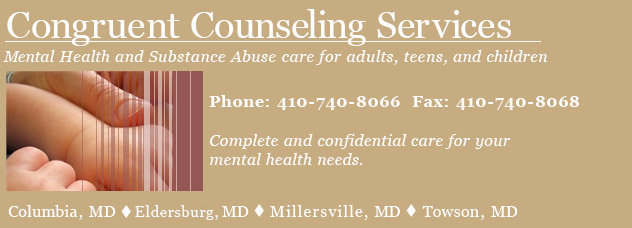



|
|
The Screen/Process Addiction ProgramA collaborative effort between Integrative Counseling & The Thrive CenterAs our world becomes more technology driven, some people find themselves struggling with how much they use technology and screens in an “addictive” way. For some people with issues such as ADHD, ASD, depression or social anxiety, the screen addiction might be a form of self-medication – a distraction from or numbing of intolerable feelings.
With a screen addiction, your brain is re-wired to receive more pleasure from screen activities than real life activities. As a result, you might avoid your responsibilities, or spend excessive time with on-line gambling, pornography, sex, video, or chat. Integrative Counseling, in conjunction with The Thrive Center, is pleased to offer a screen addictions program for adults struggling with the unhealthy use of technology. Just like chemical addictions, people with a technology use problem or a “screen addiction” have brains that have been re-wired or altered to receive more pleasure from screen activities than from “real life” activities. These people might avoid responsibilities, lose friends, end marriages, or lose jobs. Do these stories sound familiar?
How do you recover from a screen addiction? Our Program Integrative Counseling offers an Intensive Outpatient Program (IOP) exclusively created to address screen addictions. This program includes treatment and education groups that run 3 hours daily, 3 days a week. Groups focus on topics such as:
In addition, we offer a weekly family group and access to family and couples therapy and/or psychiatric services as needed.
Screen Addictions are a form of "Process Addiction". In people with a process addiction, the brain is altered (or addicted) in the same way a person gets addicted to drugs or alcohol. There is a physical change in the brain’s structure and how the brain operates that make it hard or seemingly impossible for people to change without help. This is why some people are able to easily change their behaviors and some cannot despite consequences and commitments. Unfortunately, an addicted person's brain is "hijacked", causing a person who is totally committed to change, to not be able to act upon their commitment despite real word consequences. While this is really frustrating for spouses, parents, bosses, and everyone around the addict, it is more frustrating to the addicted person themselves. Often, this frustration is reduced by going back to the one thing that makes them feel good – the addiction itself: technology and all it holds! We understand this process and can help family members and important support persons understand while helping the technology addicted person make changes to overcome their addiction. Initial detox period We do understand that in our current lives, the use of technology is often essential. In chemical addictions, like alcohol or heroin, we encourage abstinence from all drugs for life – achieved one day at a time. However, the idea of life long abstinence from technology is not possible. To help the brain to heal we will need an initial period of abstinence from technology. This is not unlike putting a broken leg in a cast and using crutches to let a broken leg heal. Our brains need a break from technology to heal from a screen addiction. In order to help our brains heal, we work with you to create an initial 30-day period of technology abstinence – or at least a greatly reduced period of technology use in the case of people who have jobs or careers that cannot avoid technology. The Thrive Center helps younger clients under the age of 30 to create an initial 30-day abstinence program. Integrative Counseling works with clients over age 30 to create an initial 30-day abstinent program. We can help We have the experience and can help people make the change. With support, you or your loved one can defeat the hijacked brain and help their brain to return to normal functioning. For those with underlying mental health or substance use concerns, we go a step further: treat the underlying condition so there is less reason to return to this unhealthy screen addiction. As needed, in addition to our process addiction treatment, we can provide medication management or psychiatric evaluation as well as ongoing mental health counseling. How to get started Call Integrative Counseling at 410.740.8067 and schedule an appointment with Rod Wright, LGPC or Mark Donovan, LCPC, LCADC. At this appointment, we can determine if this program is right for you and discuss in greater depth how the program works. Unfortunately, this program is not covered by insurance. Despite the problems this issue can cause, process addictions are not recognized as a diagnosable event so no diagnosis can be given. Insurance will not cover any program for the treatment of screen addictions.
Site Map Home | Meet the Counselors (Columbia, Eldersburg, Millersville, Towson) | Mental Health Services | Outpatient Addiction Recovery Center | Group Counseling Services | Screen/Process Addiction | Psychiatrists | Educational and Psychological Testing | Anger Management Classes | DBT Informed Addictions Treatment | DBT Informed Mental Health Treatment | Directions to Congruent Locations | Contact Us | Helpful Links
|